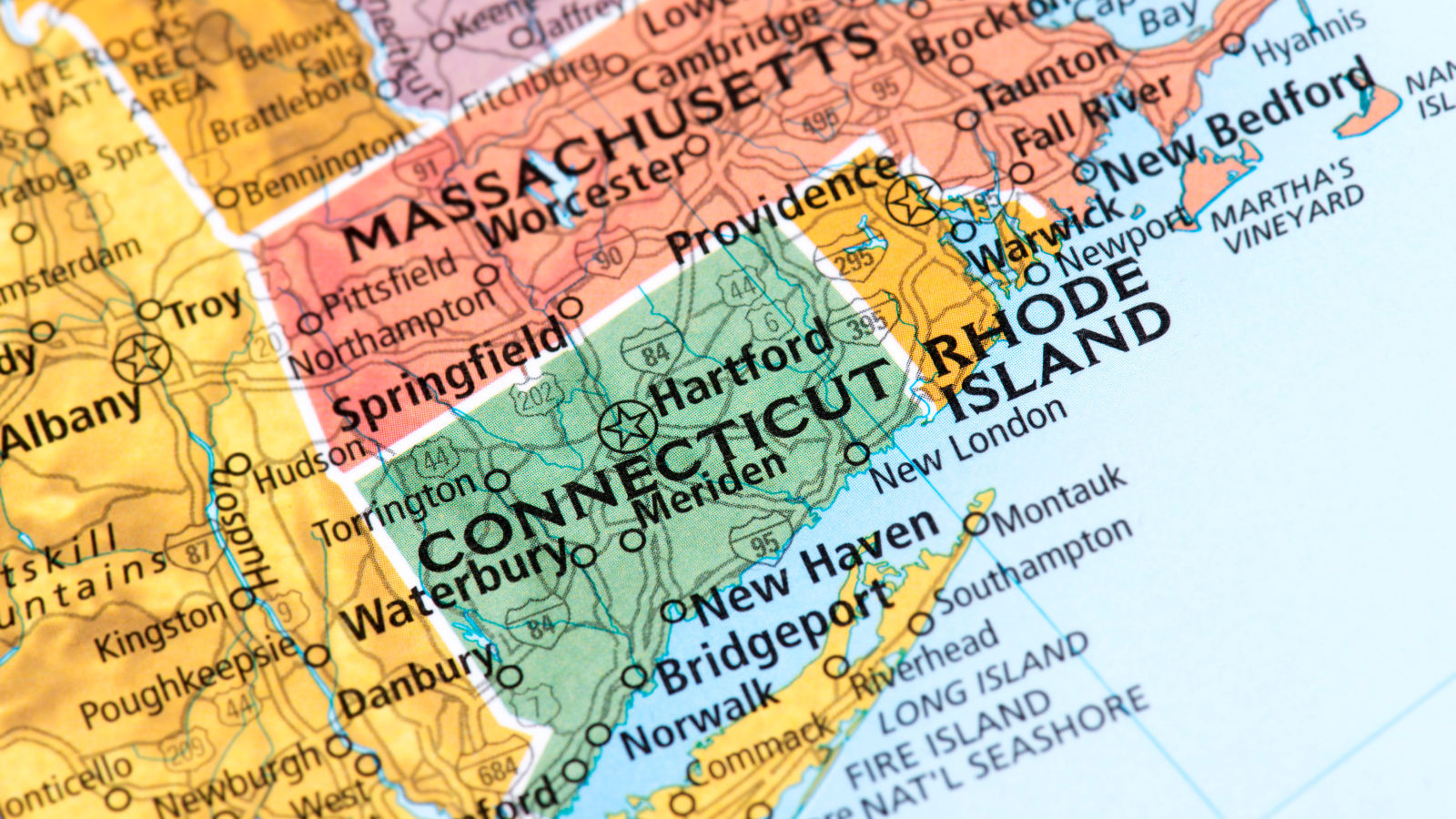IMC Shifts to Hydrogen-Powered Trucks to Meet California Emissions Mandate
IMC, the leading US container transportation company, has placed an order for 50 Nikola fuel-cell trucks to replace its battery-electric vehicles following unsatisfactory results from two years of testing. While California mandates zero-emission trucks for drayage by 2035, IMC chose hydrogen fuel cells due to their longer range, although concerns remain about the hydrogen refueling infrastructure.
Read more about this at Hydrogen Insight >
WHY IS THIS IMPORTANT FOR MY INDUSTRY?
California's throwing down the gauntlet with new rules - demanding that all of the state’s drayage trucks need to be emissions-free by 2023. They're on a mission to boot fossil-fuel trucks out of the ports by 2035, and trust me… that's a colossal shift for the trucking companies hustling in the Golden State.
IMC is making a very bold move into the hydrogen fuel-cell truck game, and it's a sign that the industry is dead serious about going green. Hydrogen's the cool new kid on the block, especially for those long-haul routes where electric trucks just can't quite keep up.
However… we're in desperate need of more spots to top off those hydrogen tanks. Right now, they're as rare as unicorns, and that's causing some major headaches for companies like IMC.
🔥 OUR HOT TAKE?
It's awesome that the trucking industry is going all-in on zero-emission vehicles to fight climate change. But here's what's on our mind - the rush to meet those rules.
Hydrogen trucks look cool, but this article makes very clear the hurdles logistics companies are dealing with. Electric batteries can hold a limited range and productivity, causing problems for long-haul truckers who clock in serious hours. We need tech that can handle the real-world trucking grind.
Plus, there aren't enough places to gas up those hydrogen rigs. Without a solid network of refueling spots, it's like having a sports car with no gas stations in sight. The industry and government need to continue to team up to fix that, so trucking companies can switch to greener tech without breaking a sweat.
We're all for cleaner trucks, but let's keep it real and make sure the trucking world can actually handle it. Jumping in without thinking about the practicalities of this shift could cause chaos in an industry that keeps everything moving through the supply chain.
Monjasa, one of the world's top 10 marine fuel suppliers, is working to establish a sustainable and scalable biofuel option for the maritime industry in Latin America.
In the maritime shipping sector, climate change is a pressing concern, and recent developments reflect both hope and challenges.
Calstart, a non-profit environmental advocacy organization, has released a report on phasing in charging infrastructure for zero-emission, battery-electric commercial trucks.
The shipping industry may struggle to secure enough carbon-neutral fuels to meet the 2030 maritime emission targets, according to DNV.
The U.S. government's ambitious plan to cut greenhouse gas emissions from passenger vehicles is facing skepticism about its feasibility and whether it goes far enough.
Connecticut's commitment to becoming zero emission by 2035 stems from a growing recognition of the urgent need to address climate change and its adverse effects on the environment and public health.
Amazon reports a decrease in carbon emissions for the first time since the company began reporting the figure.
The Diesel Technology Forum (DTF), a trade group representing suppliers in the diesel engine supply chain, is positioning diesel engines as a leading force in achieving a cleaner future for the trucking industry.
The number of near-zero-emissions diesel trucks on the road increased by 10.2% between 2021 and 2022, according to the Diesel Technology Forum.
Daimler Truck, the truck division of Daimler AG, has outlined its plans for a transition to zero-emissions powertrains and projected revenue growth of 40%-60% in the second half of the decade.
A report by Breakthrough, a transportation management technology provider, reveals that consumer demand for sustainable products is driving shippers and carriers to adopt more eco-conscious practices.
CALSTART, a clean transportation consortium based in Pasadena, California, has launched the Cal Fleet Advisor (CFA) program to assist trucking fleets in transitioning to zero-emission vehicles.
Mars and DHL have collaborated to establish new logistics centers in the UK, utilizing advanced technology to reduce CO2 emissions by 7.7%.
Walmart suppliers have made significant progress toward achieving the retailer's goal of reducing greenhouse gas emissions from its value chain.
Global temperatures have risen by 1.1 degrees Celsius above preindustrial levels, leading to increased CO2 concentrations in the atmosphere not seen in millions of years.
BloombergNEF predicts that global electric vehicle sales will more than double by 2026, reaching around 27 million units, driven by strong sales in China and the US.
Tracking and reducing Scope 3 emissions in supply chains is a major focus for companies like Nike, McCormick, and The Estée Lauder Companies.
Toyota has released a study suggesting that electric vehicles (EVs) may not be necessary to significantly reduce carbon emissions.
DHL and Formula 1 are partnering to enhance sustainable logistics by introducing a fleet of 18 biofuel-powered trucks for European Formula 1 races by 2023.
Tesla has released its 2022 impact report, which for the first time details its Scope 3 emissions.
California Air Resources Board (CARB) has approved rules that all new medium- and heavy-duty vehicles sold or registered in the state should be zero-emission by 2036 and all trucks to be zero-emission by 2042.
The Environmental Protection Agency (EPA) has announced new greenhouse gas rules for medium and light-duty vehicles.
CEO of Ocean Network Express (ONE) Jeremy Nixon is warning that there will be significant up-front cost associated with the transition to green fuels.
Trucks are being given a bit more grace by the EU to get with the green energy program, but they’re being held to a standard, nonetheless.
While electric vehicles are a promising technology for reducing greenhouse gas emissions and achieving a decarbonized future, there are several challenges that may prevent the US from solely depending on them.
To achieve the goal of a zero-emission future, the trucking industry needs to work together with various stakeholders, including government agencies, regulatory bodies, truck manufacturers, fleet operators, and others.
The Virginia Inland Port (VIP) has fallen in line with the Port of Virginia’s carbon-neutral by 2040 goals by fulfilling all of its operational electricity needs from clean-energy resources.
Washington D.C. is the latest city to adopt a zero-fare program for its public transit riders, following similar moves in Denver, Colorado, San Francisco, California, and Boston, Massachusetts.
Net-zero emissions mandates, which aim to achieve zero net greenhouse gas emissions, are increasingly being adopted by governments and companies around the world as a way to combat climate change.































Ships transporting goods in and out of the European Union will soon face significant emissions-related costs as they join the bloc's Emissions Trading System (ETS) starting in January 2024.